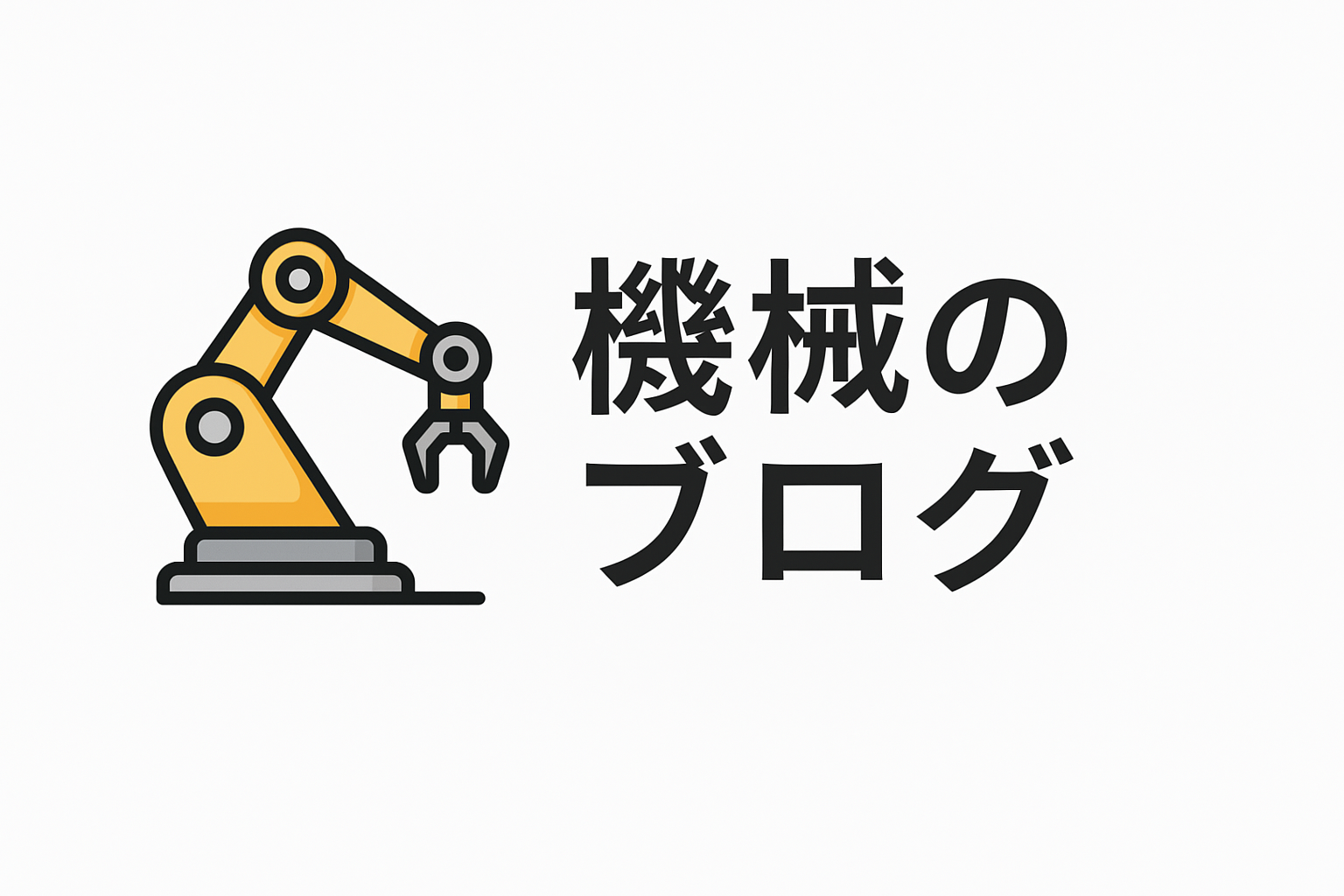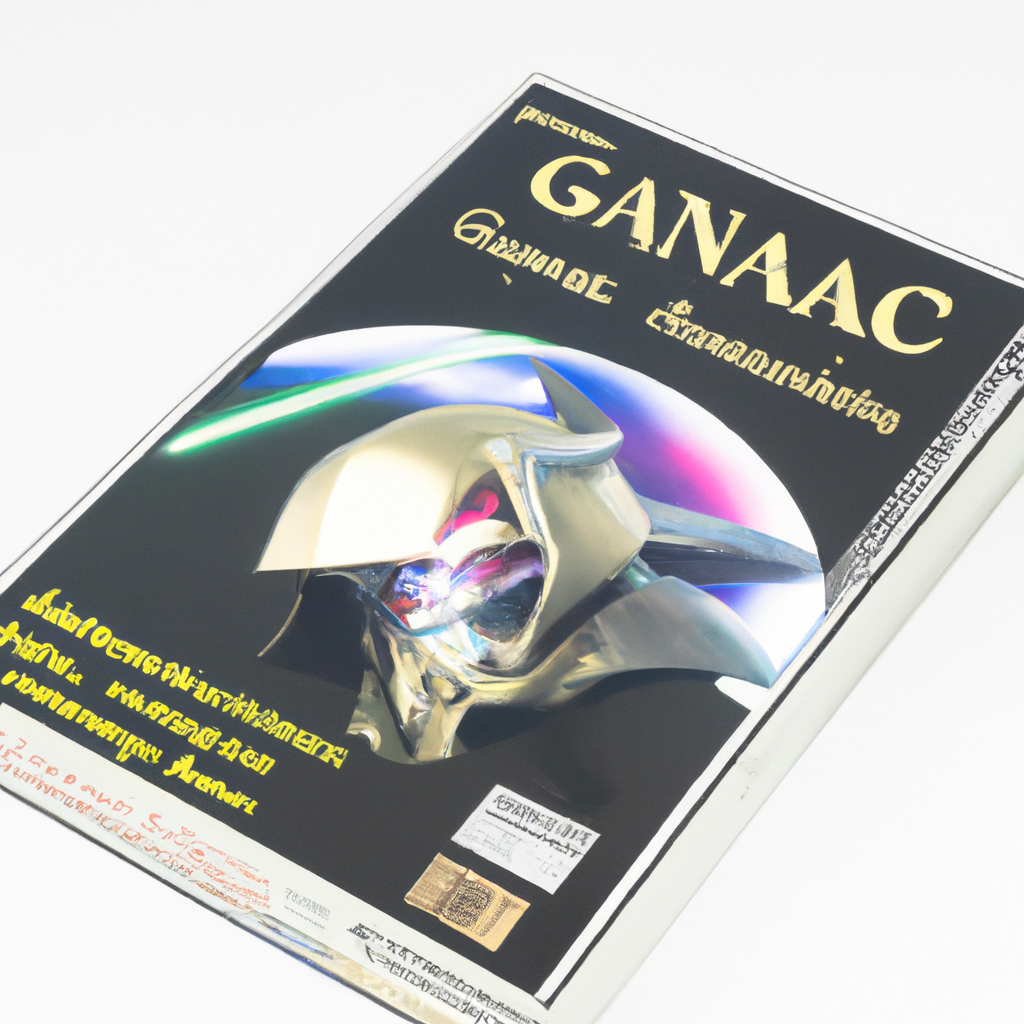Future Creation Seminar: Challenges of Smart Factories
The manufacturing industry is undergoing a transformative shift, driven by advancements in technology and the integration of smart systems. Smart factories represent the pinnacle of this evolution, offering unprecedented levels of efficiency, customization, and productivity. However, the transition to these high-tech facilities presents a myriad of challenges. In this blog, we will explore the key challenges faced by manufacturers in the development of smart factories, as discussed in the recent Future Creation Seminar.
1. Understanding Smart Factory Concepts
Smart factories are an integral part of Industry 4.0, characterized by the integration of cyber-physical systems, Internet of Things (IoT), and big data analytics. These factories leverage advanced technologies to create a highly adaptable and efficient production environment. However, understanding the full scope of what constitutes a smart factory is crucial for manufacturers looking to adopt this model.
One of the primary challenges is the lack of a standardized definition or framework, which can lead to confusion and misaligned expectations. Manufacturers need to clearly define their goals, whether they are aiming for complete automation, enhanced data analytics, or improved communication within the supply chain. This clarity will guide the strategic decisions needed to build a successful smart factory.
2. Integration of Advanced Technologies
The integration of advanced technologies such as IoT, artificial intelligence (AI), and robotics is central to the concept of a smart factory. However, this presents significant challenges related to compatibility, scalability, and security. Many existing manufacturing systems were not designed with these new technologies in mind, leading to potential integration issues.
To address these challenges, manufacturers must invest in upgrading their existing infrastructure to support new technologies. This often requires a comprehensive audit of current systems and the development of a phased implementation strategy to minimize disruption. Additionally, ensuring that these technologies can scale as the factory grows is crucial for long-term success.
3. Data Management and Security
Smart factories generate an immense amount of data, which can be harnessed for insights into production processes and efficiency improvements. However, managing this data effectively poses a significant challenge. Manufacturers need robust systems for data collection, storage, and analysis to fully leverage the potential of big data.
Moreover, as factories become more connected, the risk of cyber-attacks increases. Ensuring data security is paramount, as breaches can lead to significant financial losses and damage to reputation. Manufacturers must implement stringent cybersecurity measures, including firewalls, encryption, and regular audits, to protect their digital assets.
4. Workforce Transformation
The shift to smart factories also necessitates a transformation of the workforce. Employees need to be trained to work with new technologies and digital tools. This change can be daunting, particularly for workers accustomed to traditional manufacturing processes.
Manufacturers must invest in comprehensive training programs that equip employees with the necessary skills for the digital age. This includes fostering a culture of continuous learning and adaptability. Additionally, attracting and retaining talent skilled in technology and data analytics is essential to drive the smart factory agenda forward.
5. Cost and ROI Considerations
Implementing smart factory technologies requires significant capital investment. The cost of new equipment, systems integration, and staff training can be substantial. Therefore, manufacturers need to carefully evaluate the potential return on investment (ROI) when planning their smart factory initiatives.
To justify these investments, it’s crucial to set clear, measurable goals and identify key performance indicators (KPIs) that align with business objectives. This approach will help manufacturers track progress and demonstrate the value of smart factory projects to stakeholders.
Conclusion
The journey to a smart factory is fraught with challenges, but the potential benefits make it a worthwhile endeavor for forward-thinking manufacturers. By understanding the complexities involved and proactively addressing these challenges, manufacturers can position themselves at the forefront of the industry. The Future Creation Seminar highlighted the importance of strategic planning, technological integration, data management, workforce transformation, and cost considerations in the successful implementation of smart factories. As the industry continues to evolve, those who embrace these changes will be well-equipped to thrive in the new era of manufacturing.

